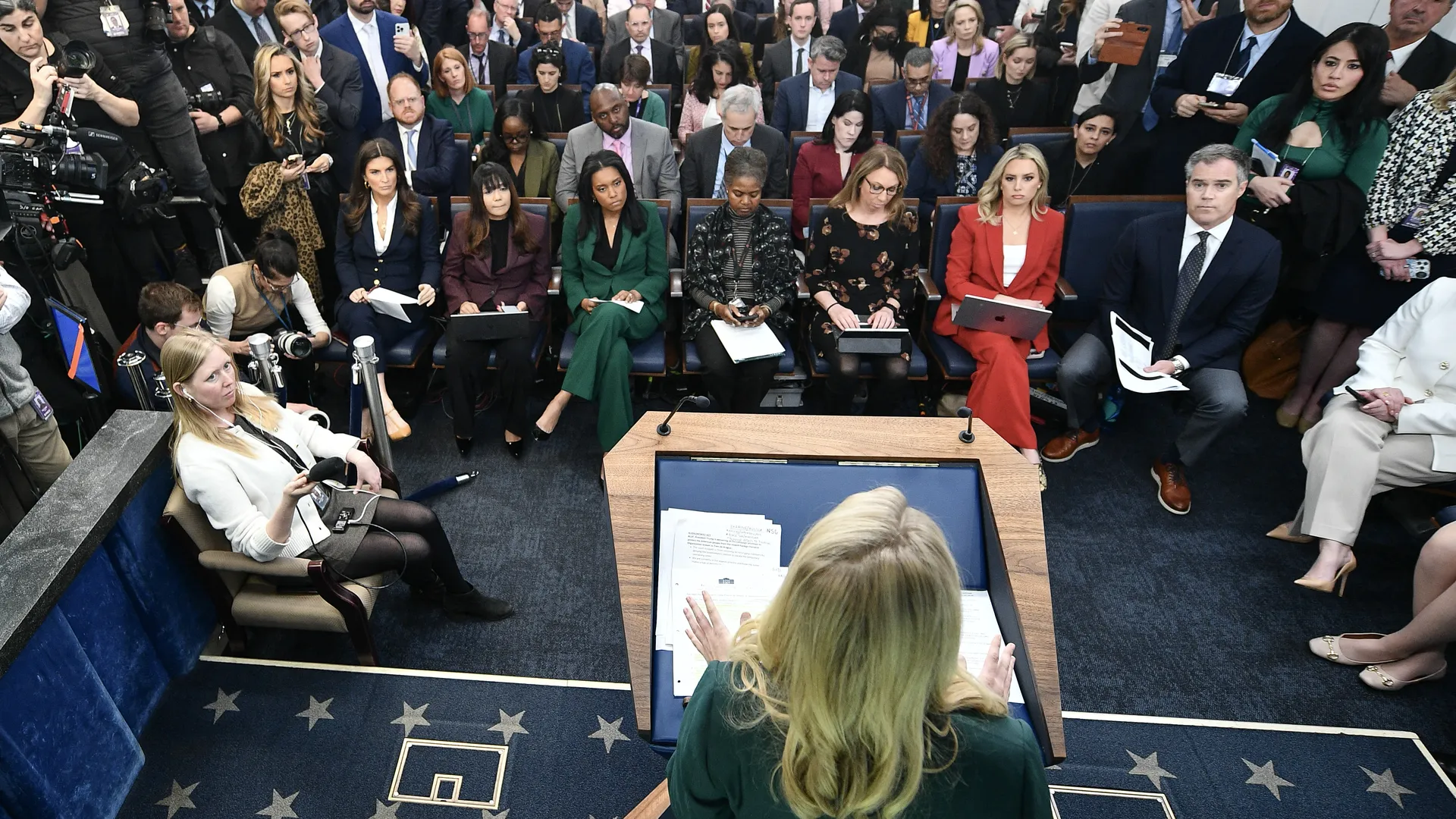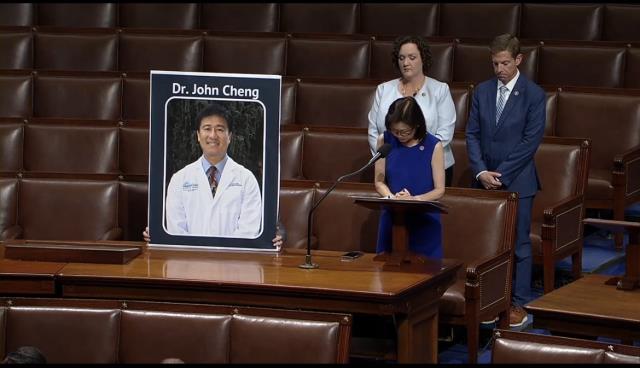In an alarming display of political theatrics, President Donald Trump has turned the critical issue of tariffs into a spectacle, threatening $50 billion in tariffs without a coherent strategy or genuine urgency. As reported by Politico, insiders within the White House are openly dismissing these threats as mere theatrics, suggesting that Trump relishes the attention rather than pursuing meaningful trade agreements.
Trump"s Lack of Seriousness on Trade
With a 90-day deadline looming for potential trade deals, reports indicate that the White House lacks urgency. According to Reuters, foreign officials and trade experts are skeptical of any real negotiations, questioning whether Trump’s administration can be trusted to follow through on its promises. This skepticism is rooted in Trump’s history of wielding tariffs as a political weapon, often abandoning negotiations when it suited his agenda.
Theater Over Substance
An insider candidly remarked that Trump enjoys the tariff conversation more than he desires actual outcomes. "Trump knows the most interesting part of his presidency is the tariff conversation," they said, revealing the extent to which his administration prioritizes spectacle over substance. This perspective highlights a troubling trend where the political theater surrounding tariffs overshadows the economic realities faced by Americans and global partners alike.

Scoop: White House to take charge of briefing-room seating chart
Confusion Among Trade Partners
As countries send representatives to negotiate, many leave the U.S. bewildered by shifting demands and mixed signals, as noted by The New York Times. The convoluted process, characterized by a lack of clear direction from Trump’s appointed negotiators—Treasury Secretary Scott Bessent, Commerce Secretary Howard Lutnick, and U.S. Trade Representative Jamieson Greer—has left many questioning the integrity of U.S. trade policy. The apparent disarray speaks volumes about the dire need for transparent and accountable governance in trade negotiations.
The Human Cost of Tariff Games
The fallout from these tariff threats is not just economic; it impacts the livelihoods of millions of workers. The escalation of tariffs has already caused volatility in the markets, with industries reliant on foreign goods facing increased costs. A report from the University of Sydney outlines how these tariffs could lead to job losses, particularly in manufacturing and agriculture, sectors that have already endured significant stress under previous trade policies.

Another update on my work for you | U.S. Congressman Mike Levin
Progressive Response to Tariff Threats
Progressives must remain vigilant and vocal about the implications of Trump"s tariff strategy. The current administration"s approach is a stark reminder of the dangers of prioritizing a performative narrative over the genuine needs of American workers. Activists and civil rights advocates must push for a trade policy that prioritizes equitable economic growth, fair labor practices, and international cooperation rather than destructive posturing. The stakes are too high for complacency as the ongoing trade circus unfolds.



![[Video] Gunfire between Iraqi security forces and Sadr militias in Baghdad](/_next/image?url=%2Fapi%2Fimage%2Fthumbnails%2Fthumbnail-1768343508874-4redb-thumbnail.jpg&w=3840&q=75)
